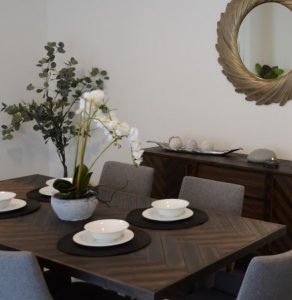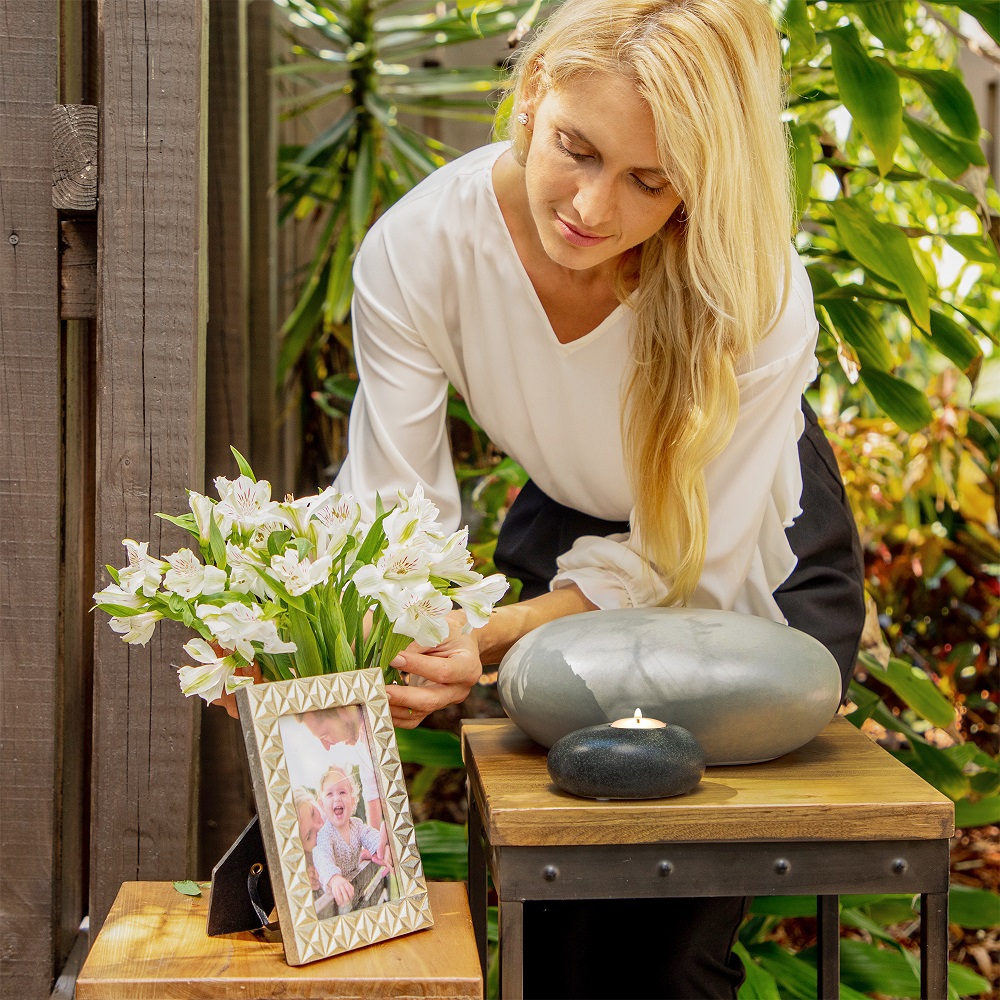One of the most caring acts you can take that ensures the financial and mental peace of your loved ones following your death is to plan your funeral in advance. It’s also guarantees you the funeral you want for yourself.
Planning your funeral is more common than you think
For a long time, making funeral arrangements was believed to be the sole realm of those who’re expecting to die. However, recently, there has been an upsurge in people of all ages and health conditions wishing to have a say in their final goodbye.
Organizing a funeral follows a few simple steps
Whether you’re planning for yourself or for another, funeral arrangements generally follow the same pattern. To begin with, you’ll be faced with the prospect of finding suitable funeral directors.
Finding the right funeral directors for you
Behind every smooth-running funeral is a team of expert funeral directors. So, as long as you pick the right people for the job, your pre-arrangements should be adhered to and your wishes fulfilled.
To begin with, you may want to look for a member of a professional association such as the National Funeral Directors Association (NFDA.)
However, most people go off word-of-mouth, so be sure to ask friends and family if they have any recommendations. A simple Google search should inform you on how many funeral directors are in your locality. Browse their websites to see if their services match your preferences, and be sure to check reviews.
Next, you’ll have to ask yourself the big question:
Burial, cremation, or donation?
First and foremost, let your family or whoever you suspect will be in charge of arrangements know your wishes. To ensure everyone knows it’s a definitive answer, consider writing your choice down and signing the document/letter. By doing this, you’ll avoid any undue stress during what’s already an emotional time.
Burial
If you wish to be buried, you’ll have to choose where you’d like your remains to be entered. Whether it be a mausoleum or in a cemetery, be sure to let someone know or take official note of it.
Purchasing your plot
Keep in mind that you’ll generally need to purchase lot space wherever you wish to be buried. This can be arranged in advance by contacting the owners of the cemetery or mausoleum.
Pass on all purchase and official details to your funeral home of choice.
Things to keep in mind while looking for a plot:
Location, Religion & Environment: These are the core deciding factors that should influence your choice.
Multiple or single plots: If you plan on being buried with family, you may want to look into purchasing a larger plot.
Visit the cemetery: There’s only one way to know for sure if you’d like a graveyard to be your final resting place, and that’s by getting a first-hand look at how it’s run.
Purchasing your coffin
Once in contact with your undertakers, be sure to enquire about their selection of coffins.
You’re not obliged to purchase a casket from the funeral home. Rather, you can shop around with alternate providers. Funeral homes are required to accept these products without charging you any extra fees. However, keep delivery fees in mind.
Cremation
Urn
Some of the popular kinds of cremation urns are a keepsake, biodegradable, companion, infant, veteran, picture, religious, theme, and art. Consider enlisting the help of the person or people that will be in possession of your urn following your death.
Cremation casket
You may want to purchase a cremation casket for the funeral service that is used throughout cremation. Avoid metals or any materials which are impervious to heat or flames.
Donation
Science Care are the predominant official body with which you can register your intent to donate your body. The process only takes 3 minutes but be sure to let your loved ones know you’ve registered.
Planning the service
In the aftermath of a death, it can be tough to get everything and everyone in order. While funeral services tend to appear straightforward, there’s usually more detail than you think.
The first thing to consider is what type of service you’d like.
Funerals, graveside services, and memorial services are the most common types. However, you can also have a funeral service in your own home.
However, despite the main service, you may want to include an extra event such as a scattering, celebration of life, viewing, or even a traditional wake. Whatever it is, be sure that you’ve either planned it in advance or let your family/next-of-kin know your wishes.
Keep in mind that direct burials and cremations are also an option.
Important: If you plan on being cremated, it’s vital that you let it be known how you’d like your ashes kept, scattered, etc.
Here is a list of must-plans:
- Memorial service location
- Where the remains will be placed
- Type of casket or urn
- Flowers
- Music
- Attendees
- Name(s) of those who you wish to make your arrangements
- Open or closed casket for a service
- Clothes, glasses, & jewelry to be worn for a viewing and/or final resting
- Any military preferences for veterans
- Marker/headstone preferences
- Pallbearer suggestions
- Obituary preferences (key points you want addressed in your obituary)
- Post funeral reception preferences
Informing people of your passing
Usually, unless any official announcements of death are made, word trickles out slowly. All things considered, it may be best to pre-plan an announcement that can be posted online or sent through email, text, and letter.
Moreover, you may have some people in mind that you specifically wish to be made aware of your passing. If so, be sure to make a list of these people alongside their contact information.
How will you pay?
You have several options and plans to choose from when paying for your funeral arrangements. Usually, you’ll be given the opportunity of paying a lump sum or monthly payments over a fixed time. Who you make these payments to will either be a plan provider, a funeral director, or into a nominated bank account.
However, if you’re over 50, be sure to check if any of your insurance policies offer funeral payment schemes. Life insurance at any age tends to provide similar schemes.
Suppose you fear you’ll not be able to pay in full before your passing. In that case, you can allocate money from the selling of your possessions or property to cover funeral expenses in your will.
Final word
Very few people would ever claim that planning your funeral is an enjoyable experience. Often we have to detach our emotions from our actions while dealing with funeral arrangements. Having a guide to see you through this process can help you from straying too far from the task at hand.
At the end of the day, planning your funeral means your family won’t have to in their darkest hour.







